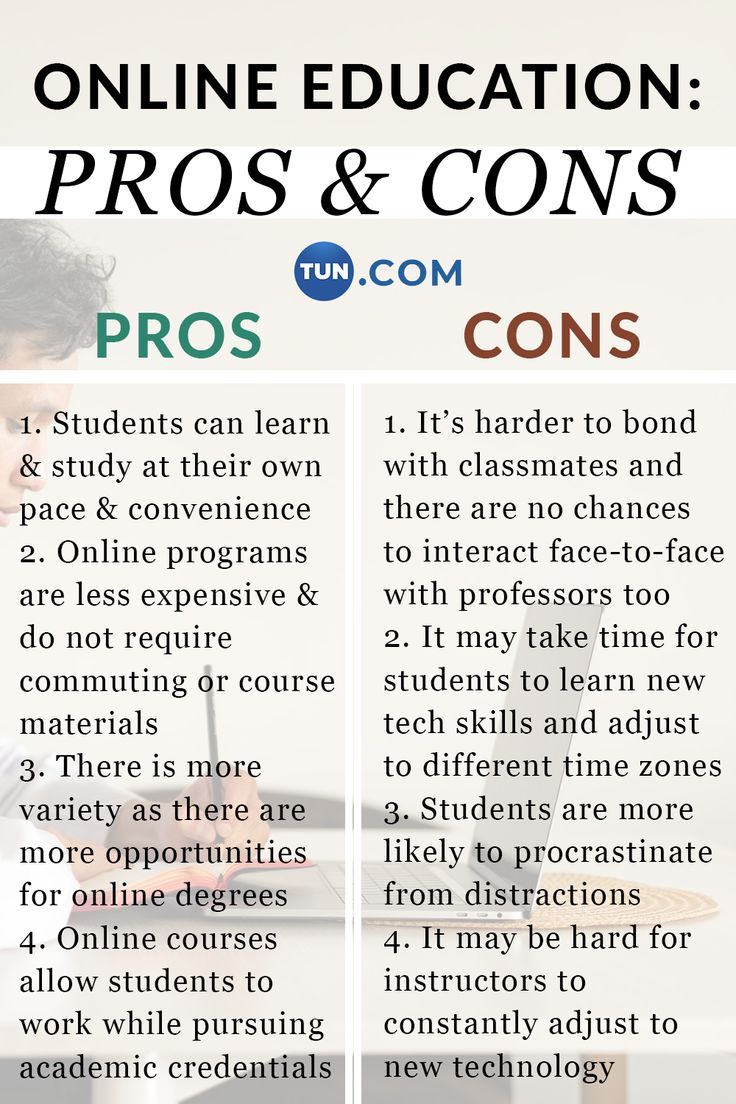The Higher Education Subcommittee convened recently to address a critical set of issues shaping the future of education. The discussion centered around four key pillars: workforce development, curriculum rigor, educational partnerships, and diversity, equity, and inclusion (DEI).
Workforce Development: The subcommittee recognized the urgent need for higher education institutions to align their programs with evolving workforce demands. Discussions focused on bridging the gap between academic training and industry requirements, exploring innovative approaches like apprenticeships and work-integrated learning.
Curriculum Rigor: Emphasizing the importance of academic excellence, the subcommittee discussed the need for rigorous curricula that equip students with the critical thinking, problem-solving, and analytical skills necessary to thrive in the modern world. This included exploring ways to integrate current technologies and real-world case studies into traditional academic disciplines.
Educational Partnerships: The subcommittee highlighted the importance of collaboration between higher education institutions, businesses, and community organizations. This collaborative approach aims to foster mutually beneficial relationships that provide students with valuable hands-on experience, promote research and development, and address local workforce needs.
DEI: Acknowledging the crucial role of diversity, equity, and inclusion in creating a more inclusive and equitable learning environment, the subcommittee discussed strategies to enhance access to higher education for underrepresented groups. This included examining existing policies, fostering diverse faculty representation, and supporting student success initiatives aimed at closing achievement gaps.
The subcommittee’s discussions underscored the need for a multifaceted approach to address these critical issues. By prioritizing workforce development, curriculum rigor, educational partnerships, and DEI, higher education institutions can better prepare students for success, meet the evolving needs of society, and contribute to a more inclusive and prosperous future.





